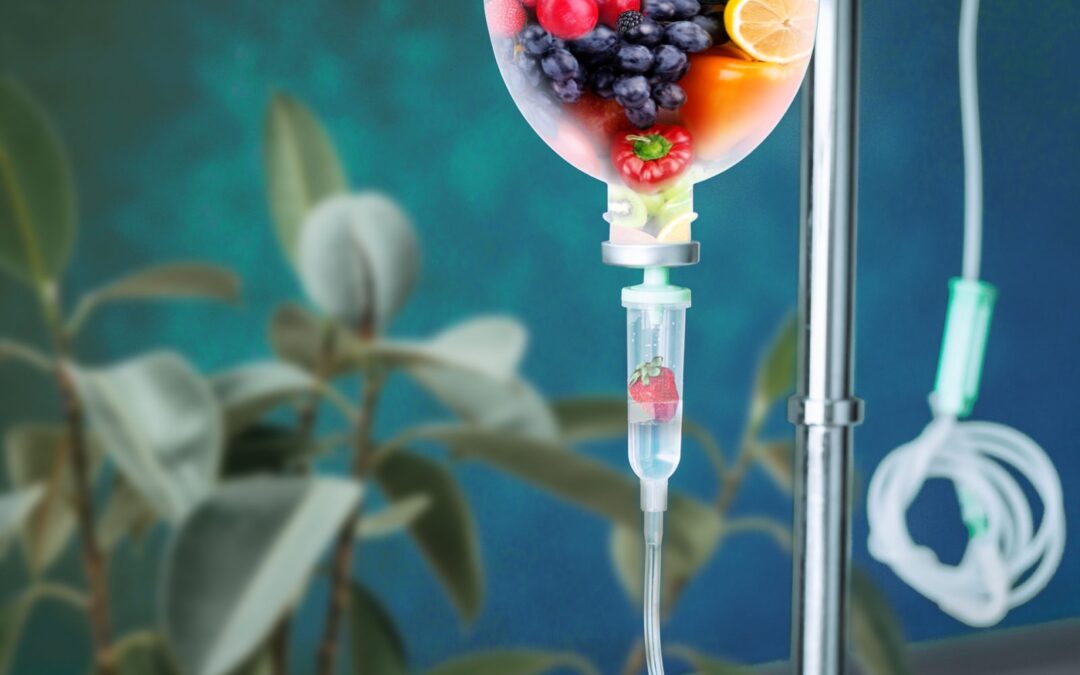What is vitamin B12?
Vitamin B12 is a vitamin whose function is crucial for the body. It is responsible for the production of red blood cells and for the healthy function of the nervous system. In addition, B12 has a whole host of health benefits including but not limited to:
- Help metabolize food to promote optimal energy levels
- Help create the chemicals necessary for supporting normal neurological function
- Increase brain performance
- Help maintain one’s central nervous system
- Improve heart health
- Reduce the risk of anemia
- Decrease anxiety and depression
- Enhance vision
- Improves hair, skin, and bone health
- Boosts energy levels
- Improve general well-being
- Regulates mood
- Support immune health
What are the sources of vitamin B12?
The human body does not produce vitamin B12. This nutrient comes from a balanced diet and is found naturally in a wide variety of animal foods, especially liver, beef, salmon, trout, tuna, and clams. Small amounts of the vitamin are also available in eggs, cheese, yogurt, and fortified cereal products.
The recommended daily amount of vitamin B12 for adults is 2.4 mg. If the body doesn’t get enough vitamin B12 over an extended period of time, one is at risk of developing a deficiency. It is estimated that vitamin B12 deficiency affects up to 15 percent of the population in the United States.
Vitamin B12 deficiency symptoms
If one is deficient in vitamin B12, one may experience a range of symptoms including weakness/fatigue, confusion, poor memory, depression, heart palpitations, and other physical and mental issues.
Because of all these negatives, it becomes vitally important to both one’s physical and mental health to make sure one has sufficient amounts of vitamin B12 in the body. B12 IV Therapy is one option to supplement this.
Supplementing vitamin B12
There are three main ways to supplement vitamin a B12 deficiency:
- B12 oral supplements
- B12 IV infusions
- B12 injections
If one suffers from vitamin B12 deficiency, one will benefit from any of these methods. However, injections and infusions are by far the most effective options for rapid treatment as both of those methods deliver B12 directly into the bloodstream.
The main difference between B12 injections and infusions lies in the vitamin absorption rate. An intramuscular injection is absorbed over a longer period of time and can last for up to one month with slow release into the blood. In contrast, an IV treatment immediately provides one with the necessary dose of the nutrient. one will feel benefits much faster, although they will be shorter lived.
How long does B12 IV last?
The effect of B12 IV therapy varies from individual to individual. The more depleted of vitamin B12 one is, the faster the body will use up the infused nutrients. Typically, one can expect to feel beneficial effects of the B12 drip for one week.
How often should one get B12 IV therapy?
The frequency of sessions needed for maximum benefit will depend on one’s body, their preferences, and a personal treatment plan devised with a medical professional. The first B12 IV drip can take up to 90 minutes, while following treatments usually last for 45-60 minutes and can be given weekly.
Side effects/risks of B12 IV therapy
B12 IV therapy is generally safe if maximum dose recommendations of the vitamin are not exceeded. Very high doses of vitamin B12 may cause symptoms including headaches, nausea, tingling in hands and feet, and/or diarrhea. One may also notice a slight pink or orange tint to their urine for a couple of days after IV treatment. This is perfectly normal and the color comes from red crystalline structures that naturally occur in vitamin B12.
One should keep in mind that – as is the case with any type of infusion – IV procedures are never completely risk-free. In rare cases, complications such as vein inflammations and infections may occur.

